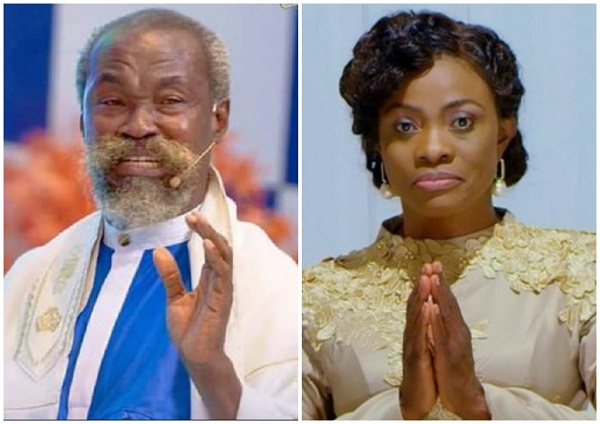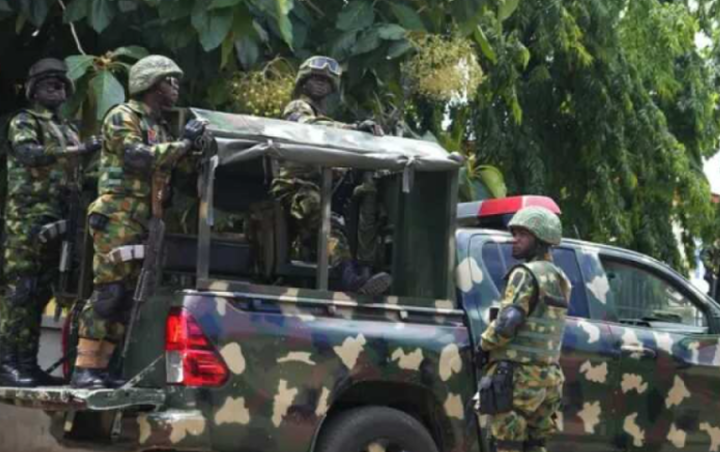Meet Oyun-Erdene, Mongolia's PM forced to resign over designer bags - Businessday NG
Once hailed as a moderniser and a bold reformist, Luvsannamsrain Oyun-Erdene, Mongolia’s prime minister, has stepped down after losing the confidence of both the public and parliament.
His resignation on Tuesday, marks a stunning reversal for a leader who came to power with ambitious promises of economic diversification, anti-corruption reforms, and digital governance, but whose administration was ultimately undone by the public’s perception of hypocrisy and elite excess.
The downfall of Oyun-Erdene wasn’t triggered by a policy misstep or electoral defeat. It was sparked by a viral social media post.
At the centre of the political storm was a 23-year-old: the Prime Minister’s son, Temuulen. Videos and photos of his luxurious engagement proposal, featuring helicopter rides, designer handbags, a luxury car, and an opulent ring, set off a firestorm online. Young Mongolians, already battling rising inflation and economic hardship, were outraged.
Read also: Fubara hints his supporters, asks them to ‘turn next page’
The visuals stood in contrast to the image Oyun-Erdene had carefully cultivated: that of a humble reformer from a rural background, unconnected to wealth or privilege. Protesters questioned how his son could afford such extravagance without any known source of income.
For many, this wasn’t just about a spoiled son’s Instagram feed, it symbolised a broader problem of systemic corruption, inequality, and government detachment from the struggles of ordinary citizens.
Born in 1980 in Mongolia’s capital, Ulaanbaatar, Oyun-Erdene studied political science and journalism before earning a Master’s degree in Public Administration from Harvard University. He entered politics with the Mongolian People’s Party (MPP) and quickly climbed the ranks, positioning himself as a forward-thinking, tech-savvy leader.
He became Prime Minister in 2021 and was re-elected in 2024. His tenure was marked by a raft of ambitious reforms: pushing forward the E-Mongolia digital governance platform, launching the New Recovery Policy to revitalise the economy post-COVID-19, and spearheading infrastructure megaprojects including new cross-border railways and renewable energy expansion.
One of his proudest achievements was the establishment of Mongolia’s Sovereign Wealth Fund, approved by parliament in April 2025. The fund allows the state to hold stakes in strategic mines and redirect profits toward healthcare, education, housing, and direct financial support to citizens, an attempt to balance the country’s resource wealth more equitably.
Oyun-Erdene’s efforts drew international praise but stirred tensions at home, particularly with Mongolia’s powerful mining elite. Analysts say his push to centralise resource profits may have made enemies in high places.
Yet for everyday Mongolians, particularly the youth, the frustrations weren’t just economic. Protesters accused the government of maintaining a culture of impunity, where corruption scandals fizzle out, judicial processes stall, and elites live by separate rules.
Though Oyun-Erdene submitted himself and his son to the country’s anti-corruption agency, and denied any financial impropriety, the damage was done.
Despite his credentials and intentions, Oyun-Erdene failed to hold together his coalition government, formed after the 2024 elections with the Democratic Party and HUN Party. His inability to maintain consensus amid the swelling protests and political pressure led to a no-confidence vote in parliament, one he lost decisively.
His resignation letter, came with a pledge to stay on as caretaker for 30 days for a new prime minister to emerge.
Mongolia, a parliamentary democracy since 1991, stands at a delicate moment. Sandwiched between authoritarian giants China and Russia, it has long been viewed as a rare democratic outpost in the region. Yet the latest crisis has renewed fears over political instability and elite capture.
President Khurelsukh Ukhnaa, once Prime Minister himself and now head of state, has publicly rejected calls to strengthen presidential powers. But murmurs of constitutional change, potentially extending presidential term limits, have stirred debate about the future direction of the country’s governance.
Luvsannamsrain Oyun-Erdene’s political legacy is far from settled. He championed forward-looking reforms and tried to curb the corruption that has long plagued Mongolian politics. But in the eyes of many citizens, his failure to close the gap between rhetoric and reality, amplified by a scandal rooted in privilege, overshadowed his accomplishments.
Read also: $76 billion L’Oréal heiress steps down from board after 28 years
For now, the streets of Ulaanbaatar remain filled with citizens demanding more than apologies. They want transparency, ethical leadership, and systemic reform. Whether the next government will deliver that remains Mongolia’s urgent question.













